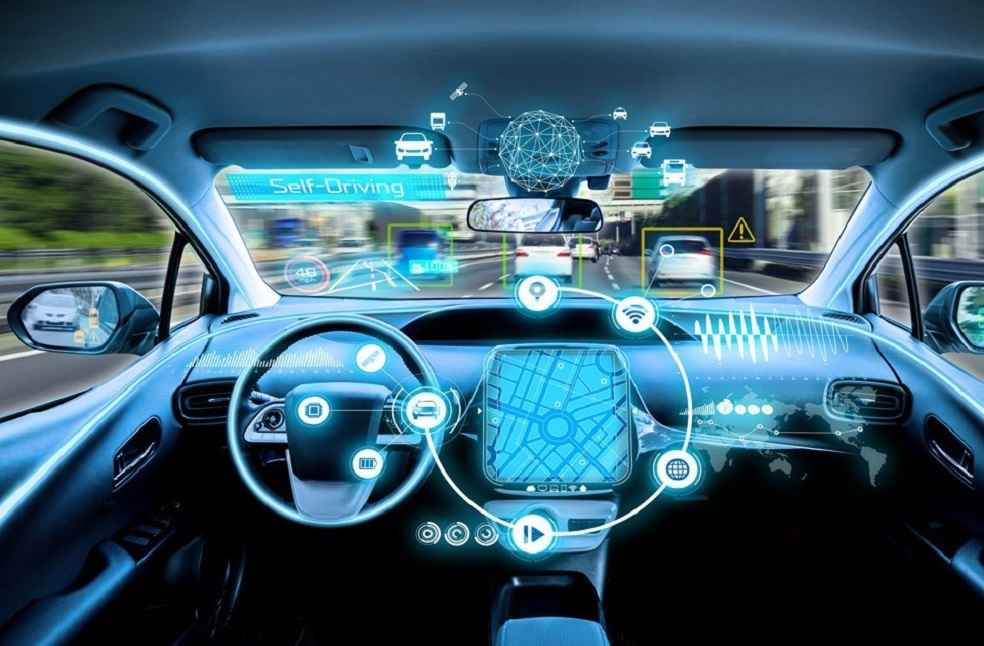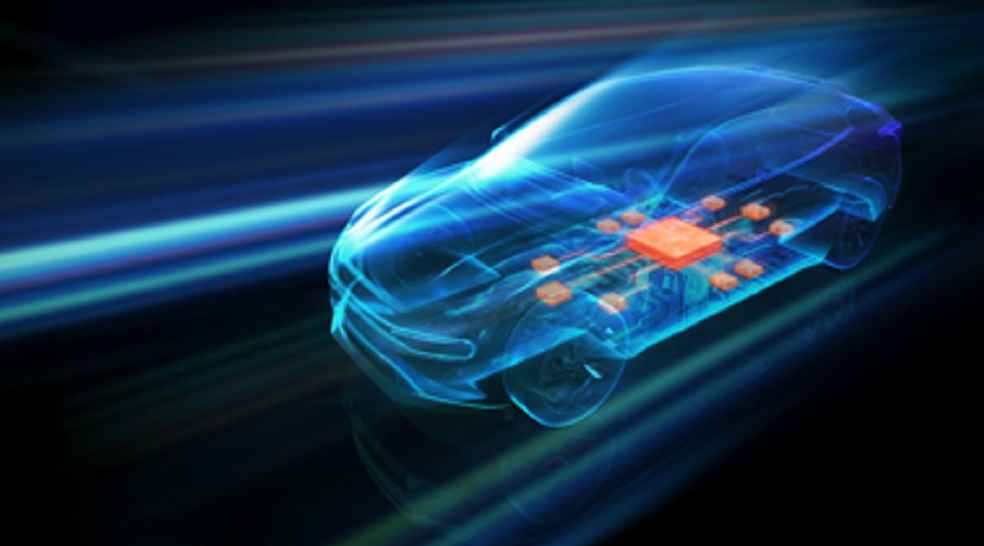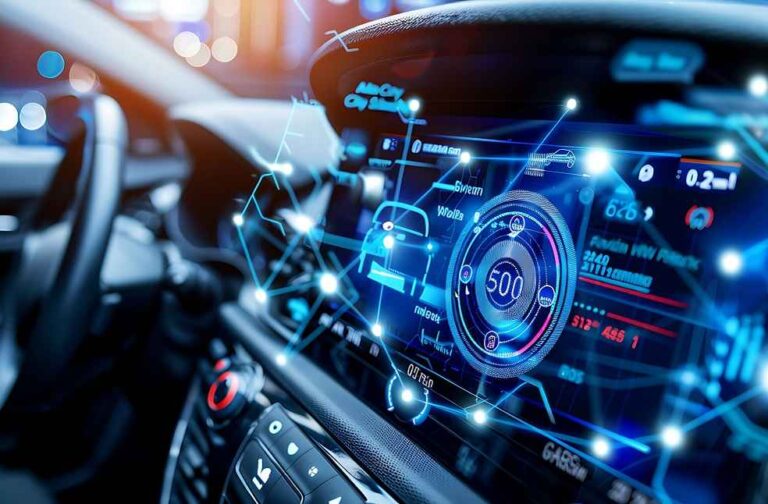Indian consumers are increasingly embracing intelligent, data-driven mobility solutions, with a majority expressing willingness to share personal information in exchange for enhanced vehicle features, according to Deloitte’s 2025 Global Automotive Consumer Study.
Based on a survey conducted among 1,000 Indian participants between October and December 2024, the study found that 88% of respondents are open to sharing personal data with manufacturers or third parties for functionalities such as anti-theft tracking. This figure significantly exceeds the 60% recorded in the United States, highlighting growing consumer trust in technology and connected services in India.

The report also noted that 82% of Indian consumers view artificial intelligence as beneficial, and smartphone-vehicle connectivity is a high priority. Product quality, including safety, ranked as the top consideration for 62% of respondents when choosing their next vehicle.
Affordability continues to shape purchasing decisions, with many consumers still considering internal combustion engine (ICE) vehicles due to cost constraints and concerns related to electric vehicle (EV) technology. Despite this, interest in hybrid and battery electric vehicles (BEVs) remains steady. Around 36% of participants identified fast charging as a key requirement, indicating rising expectations for EV infrastructure.

Deloitte India Partner and Automotive Sector Leader Rajat Mahajan noted that the EV transition is being driven by consumer interest in sustainability and long-term cost benefits. However, challenges such as limited charging infrastructure, high upfront costs, and battery longevity continue to influence buying behavior.
The study also revealed that brand loyalty among Indian consumers is relatively low, with 72% indicating a willingness to switch vehicle brands—second only to China (76%) and well above the US (54%).
A notable trend among younger consumers was a shift in ownership preferences. Approximately 70% of respondents aged 18 to 34 were open to replacing traditional car ownership with Mobility-as-a-Service (MaaS) options, reflecting evolving urban mobility needs and financial considerations.
GENERAL | EU Proposes Ban on Carbon Fiber, Citing Safety Concerns





